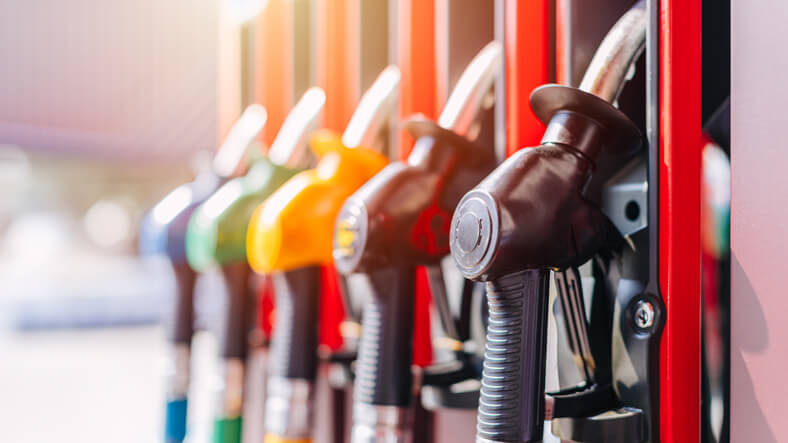Can Peanut Oil Power a Vehicle? Explore the Versatility of Diesel Engines!
Diesel mechanic training often highlights the strength and efficiency of diesel engines, powering trucks, boats, trains, and even some cars. But what truly sets them apart from other types of engines is their remarkable versatility in the fuels they can use. Did you know that a diesel engine can even run on peanut oil?
That’s right—diesel engines can be adapted to run on a wide range of fuels, making it a fascinating subject for those pursuing diesel mechanic training at CATI.
Understanding the Versatility of Diesel Engines
Diesel engines rely on compression-based ignition rather than spark plugs, allowing them to work with various fuels. While most people associate diesel engines with the distillate of petroleum found in commercially available diesel fuel, these engines can also operate on alternative fuel sources.
Rudolf Diesel, the inventor of the diesel engine, envisioned using renewable sources like vegetable oils, including peanut oil, to power engines. While agricultural scientist George Washington Carver explored many uses for peanuts, Diesel demonstrated the potential of vegetable oils as fuel. The adaptability of diesel engines is one reason they power a wide range of vehicles, from cars and trucks to boats and trains, making the field of diesel mechanics an ever-evolving one.
This adaptability is one of the key reasons diesel engines are found in such a wide variety of vehicles, from cars and trucks to boats and trains. Diesel engines’ flexibility allows mechanics to explore innovative solutions to energy challenges, making the field of diesel mechanics a constantly evolving study area.

CATI’s Diesel Mechanic Training: Mastering the Diesel Engine
At CATI, our Diesel Mechanic training program equips students with a deep understanding of how diesel engines function. Diesel engines may seem complex due to their scale, fuel systems, and mechanical components, but with the right training, students can gain the expertise to work on these robust machines. CATI’s hands-on approach ensures that students aren’t just learning theory—they’re gaining the practical skills that make them valuable in the workforce.
Diesel engines come in different sizes and configurations, depending on their use. The largest diesel engines are found in boats and trains, where weight isn’t a limiting factor. On the other hand, automotive diesel engines found in cars and trucks need to balance power with size. Understanding how cylinder count, fuel injection models, and engine scaling work is essential to the training at CATI.
Exploring Alternative Fuels
As part of CATI’s Diesel Mechanic course, students explore various fuel types and learn how diesel engines can be modified to use alternative sources like biodiesel. Biodiesel, often made from plant oils like soybeans or peanuts, has gained popularity due to its environmental benefits.
Diesel engines are designed to achieve high thermal efficiency, making them a top choice for heavy-duty vehicles that require endurance and power. Another focus of the CATI program is learning to manage the specific challenges associated with diesel engines, such as cold-weather starting issues and fuel gelling. This comprehensive training enables graduates to work on various diesel-powered vehicles and be well-prepared for the industry’s challenges and demands.

Career Opportunities for Diesel Mechanics
Diesel engines are essential to the global transportation and shipping industries, with a constant demand for skilled diesel mechanics. With the training from CATI, graduates can look forward to careers maintaining and repairing diesel engines in trucks, buses, trains, and even luxury European cars—about 50% of which come equipped with diesel engines.
Moreover, diesel engines’ versatility extends the career possibilities for mechanics. Knowledge of alternative fuels like biodiesel and the ability to modify engines for environmental benefits opens up new job opportunities in sustainable energy fields.
CATI graduates will have the expertise to thrive in traditional mechanic roles and new industries centered on renewable energy solutions.
Are you ready to start automotive training?
Contact CATI for more information!

